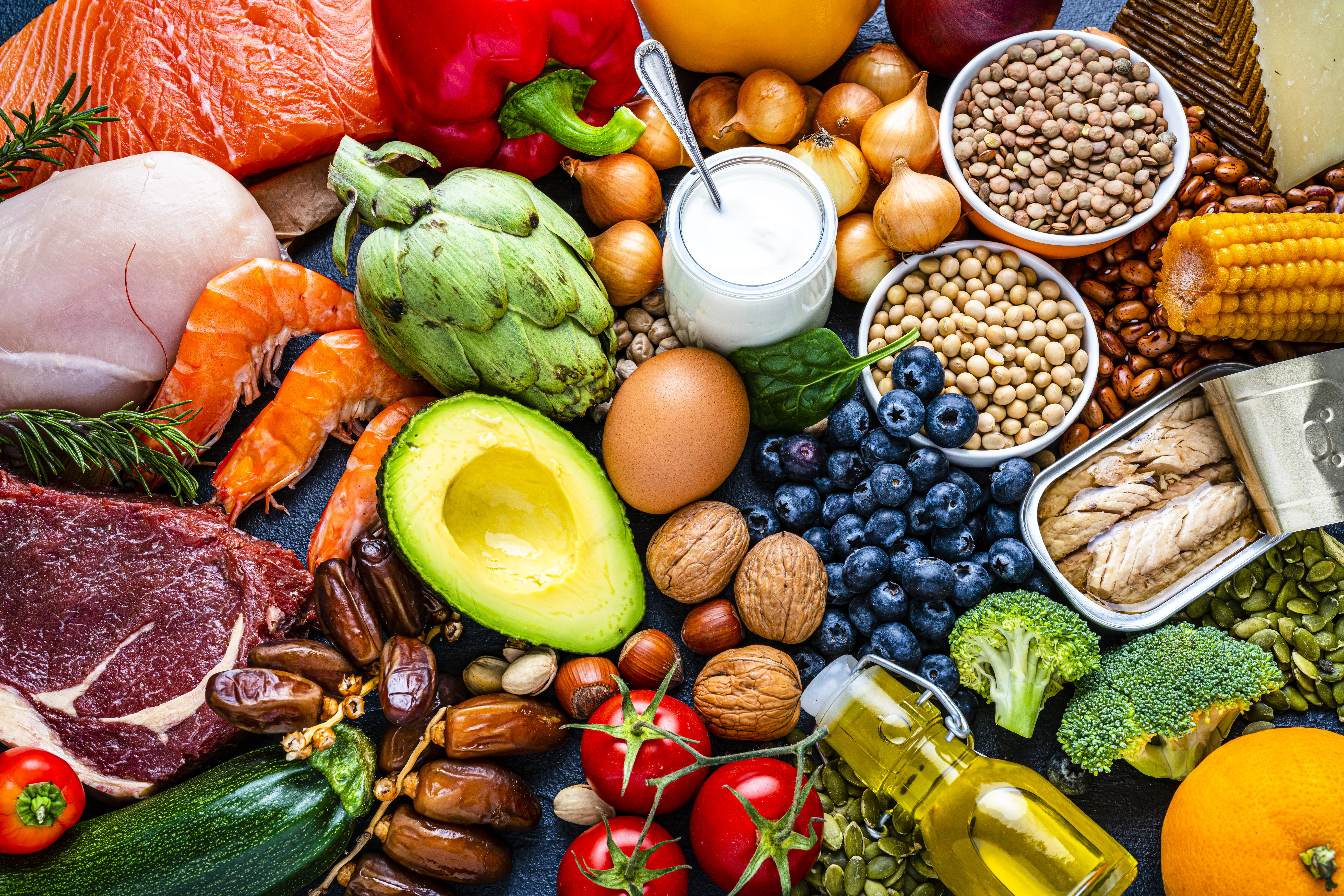
Holistic Alternatives to MAT for Addiction Treatment
Medication-assisted treatment (MAT) is the use of medication in addition to counseling and behavioral therapies for the purpose of treating drug and alcohol use disorders.
Though this is an effective treatment method for some, not everyone wants medication involved in their recovery process, for different reasons. Holistic alternatives aren’t new, but they’ve become increasingly more widely practiced in Western medicine, opening up countless new effective remedies for aiding people in their healing.
Holistic approaches are, by nature, a full-spectrum approach to healing, which means they are often used in conjunction with traditional methods (like behavioral therapy) in order to be the most comprehensive.
In this article, we’re going to take a closer look at holistic treatment alternatives to medication-assisted treatment for those recovering from a drug or alcohol use disorder.
What is a holistic approach?
The holistic approach in healthcare is the methodology of treating the whole person rather than just their symptoms. This approach recognizes that the body, mind, emotions, spirit and environment are deeply interconnected and therefore, so are all illnesses and conditions.
Holistic healthcare emphasizes the importance of seeing every person as a fundamentally distinct and unique individual, and that one-size-fits-all solutions are ineffective at best and counterproductive to someone’s recovery at worst.
Holistic treatment typically consists of a combination of conventional treatments (like therapy) and holistic modalities (like nature therapy, journaling and prayer) in order to provide comprehensive care that enables the person to achieve optimal well-being in every area of their lives.
The basics of holistic addiction treatment
The holistic approach emphasizes that addiction is a complex condition that affects not only the body but the mind, heart and spirit as well.
In order to best identify what might have led to the development of the addiction, as well as what’s continuing to fuel it, physicians will address underlying factors that might be contributing, such as trauma, social isolation, nutrition and mental health.
In addition to helping a person heal from addiction without the assistance of medication, holistic rehabilitation is designed to teach patients how to foster sustainable, positive, healthy habits in their lives. This is why holistic modalities revolve around practices like nutritional eating, intentional living and frequent movement — they aim to establish long-lasting balance.
Examples of holistic alternatives
Holistic healthcare has long been practiced all around the world and exists uniquely within nearly every culture. Some forms of holistic medicine include homeopathy, naturopathy, traditional Chinese medicine and Ayurvedic medicine.
Proven holistic recovery practices include:
- Regular movement and strength training
- Acupuncture and massage
- Diet and nutrition
- Nature therapy
- Animal-assisted therapy
- Artistic and creative therapy
At the core of holistic treatment is the belief that we possess the means to heal our minds, bodies and souls without the need for invasive and potentially harmful treatments.
Start your recovery today
If you or someone you love is struggling with a drug or alcohol use disorder, reach out to us today. This is a scary time, you don’t have to navigate it alone — we’re here to help.
Bluff Augusta specializes in offering personalized, evidence-based treatment to those struggling with addiction. Our full-spectrum approach is designed to not only help you complete your recovery program but help you achieve sustainable health and sobriety.
Each of our programs includes many different holistic treatments, including nutritional education, yoga, meditation and exercise, all of which are delivered in a spiritually nourishing environment.
Our top-tier team includes registered nurses, psychiatric providers, therapists, counselors, nutritional experts and more — we all share in the passion and goal of helping you become your healthiest self so you can enjoy your most fulfilling life.
Send us a message today, and one of our advisors will reach out to learn more about you and help you figure out what the best next step for your recovery is.








